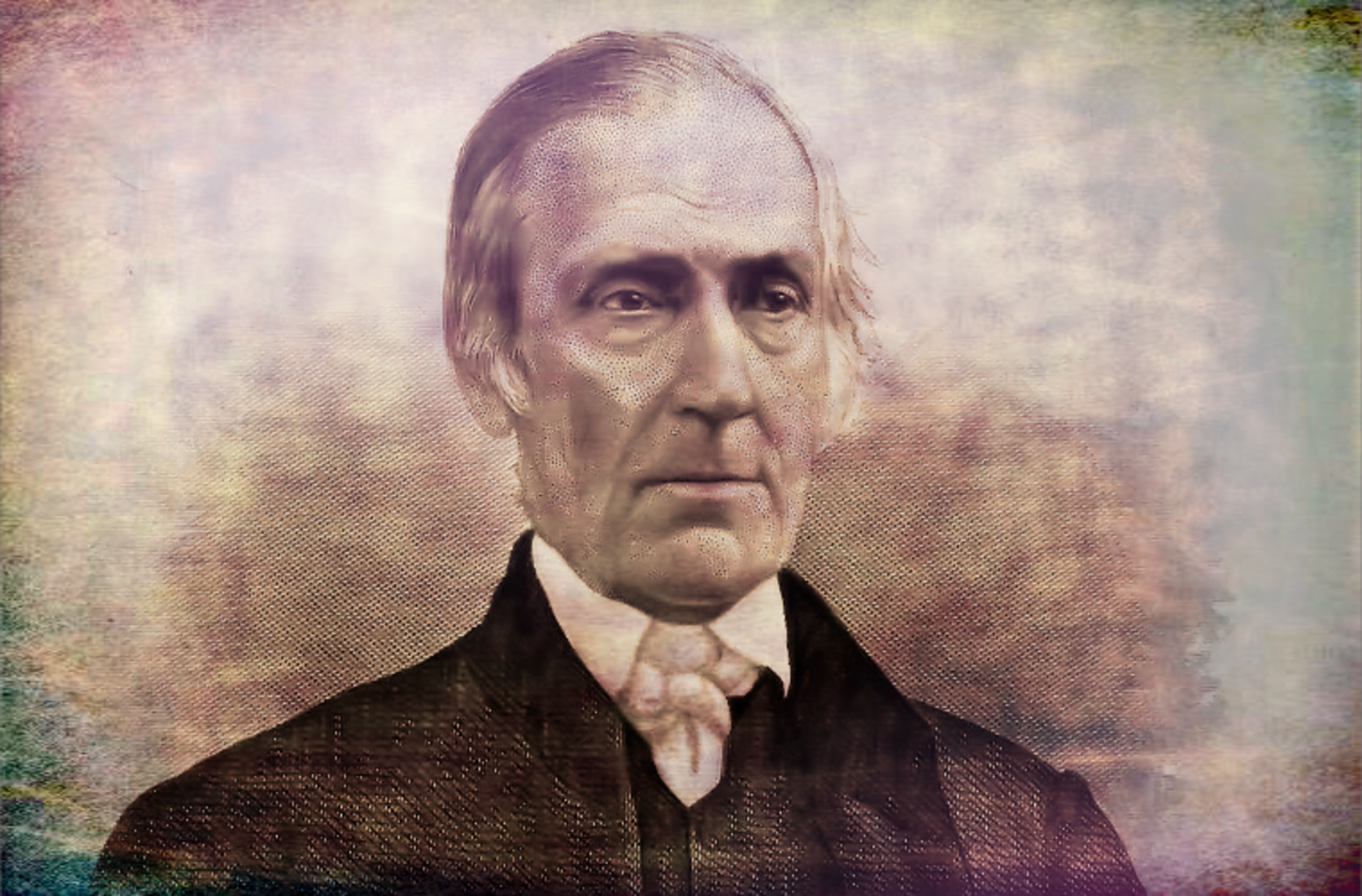
Faculty, alumni, staff and friend of the College gathered in the Moon Room to celebrate the life of a Quaker and one of the great heroes of the abolitionst movement.
“I remember going to the Coffin House on school trips and seeing the hidden spaces where freedom seekers stayed. There was even a well in the basement so no one outside could tell how many people were inside. It’s brilliant and heartbreaking at the same time.”
The Moon Room in Dana Auditorium smelled faintly of vanilla frosting and history on Tuesday. A handful of students, faculty, alumni and friends gathered with plates and purpose to celebrate the birthday of Levi Coffin, a local farm boy turned national abolitionist hero, who was born in Guilford County’s New Garden community on Oct. 28, 1798.
A street runs through the College bearing Levi’s name, but the noted Quaker had no firm documented connection to Guilford. He immigrated to Indiana with his family in 1826, 11 years before the founding of New Garden Boarding School, predecessor to the College. Yet Quaker archivist Gwen Gosney Erickson told guests Levi’s work more than 150 years ago reflects many of the core values Guilford stands for today.
Coffin didn’t invent courage, but he practiced it daily. Unofficially known as the “President of the Underground Railroad,” he and his wife, Catherine White Coffin, helped thousands of enslaved people escape to freedom — hiding them in their Indiana home, feeding them, clothing them, and sending them onward toward safety. The couple’s home became famous as the “Grand Central Station of the Underground Railroad.”
And while Levi got the marquee billing, Catherine was the star many attendees didn’t know they were missing. A presentation of research by Education Studies major Robin Tucker '27 looped quietly on a screen in the Moon Room, telling her story and highlighting the new U.S. Postal Service Forever stamp issued in her honor. “She was such a righteous and incredible abolitionist herself,” Gwen said. “She wasn’t involved in the Underground Railroad just because Levi was — she had her own sense of justice, her own drive.”
For Liz Nicholson ’12, Director of the Quaker Leadership Scholars Program, the story of the Coffins isn’t just history — it’s personal geography. Levi Coffin’s Fountain City, Ind., farmhouse is about 15 minutes from where Liz was born and raised.
“I remember going to the Coffin House on school trips and seeing the hidden spaces where freedom seekers stayed,” she told attendees. “There was even a well in the basement so no one outside could tell how many people were inside. It’s brilliant and heartbreaking at the same time.”
Tuesday’s program was presented with support from the Thankful Heritage Museum and hosted by Guilford’s Friends Center and the Quaker Archives.

